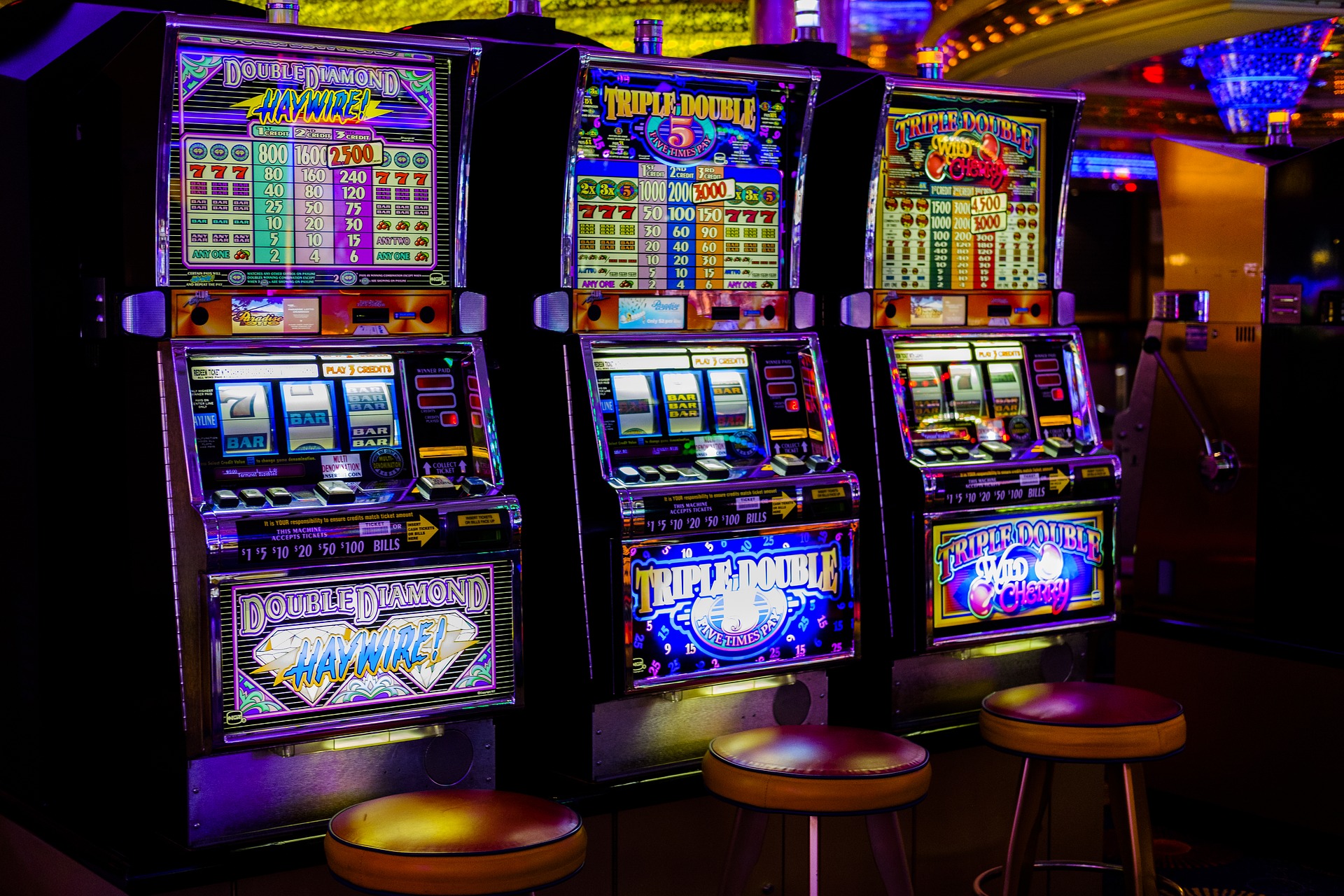The Gaming Machine Association of New Zealand (GMANZ) has appealed to the government to contribute to funding for facial recognition software in gambling venues to prevent gambling addicts from playing.
Preventative Members
The association has explained that this technology is designed to aid self-identified gambling addicts in their recovery, by barring them from using the machines as the facial recognition cameras would alert the owner of the venue to their presence.
Peter Dengate Thrush, the chairman of GMANZ shared that the cameras were “mostly funded” and already installed in many establishments.
Thrush urged the Ministry of Health to assist operators in paying for the software licensing with some of the funds it collects from the problem gambling levy on pokies. He added that the Ministry of Health’s unwillingness to make this contribution is “disrupting the self-determination efforts of problem gamblers”.
“There are 148 facial recognition systems already installed in venues across New Zealand. The class 4 industry – the societies – spent $3.5m themselves because they don’t want problem gamblers in their venues. What they’re looking for is for the Ministry of Health to use their unspent $1.5m technology fund for software licensing, which should be bought for the whole country at once so that every region gets a fair deal,” he added.
Government Response
A Ministry spokesperson advised that it has worked alongside the association on facial recognition software.
“As part of this service we fund a database that has the capability to securely store photos to support facial recognition systems, making it easier for venues to incorporate these into their systems,” they said.
The spokesperson also advised that the Ministry and the Department of Internal Affairs believed that it “would not be appropriate for the Ministry of Health to fund software licenses for gambling venues”.
“Venues receive a commission payment of up to 16 per cent of gaming machine profits to meet the operational costs of hosting gambling. This includes the costs associated with meeting harm minimisation requirements,” the spokesperson continued.
The Problem Gambling Foundation supported the Ministry’s position that pokie operators should cover the cost of licencing the software.
The foundation’s communications director, Andree Froude, characterised the current exclusion system as “cumbersome”.
“The system at the moment often involves the person who is gambling providing a photo and then the venue making sure they are not entering the venue, so it is quite cumbersome,” she said, before warning that the technology was being framed as a “magic bullet for preventing gambling harm”.
Froude explained those venues and the trusts that own the machines bear a “host responsibility” to players and that the cost of licensing the machines is their responsibility.

